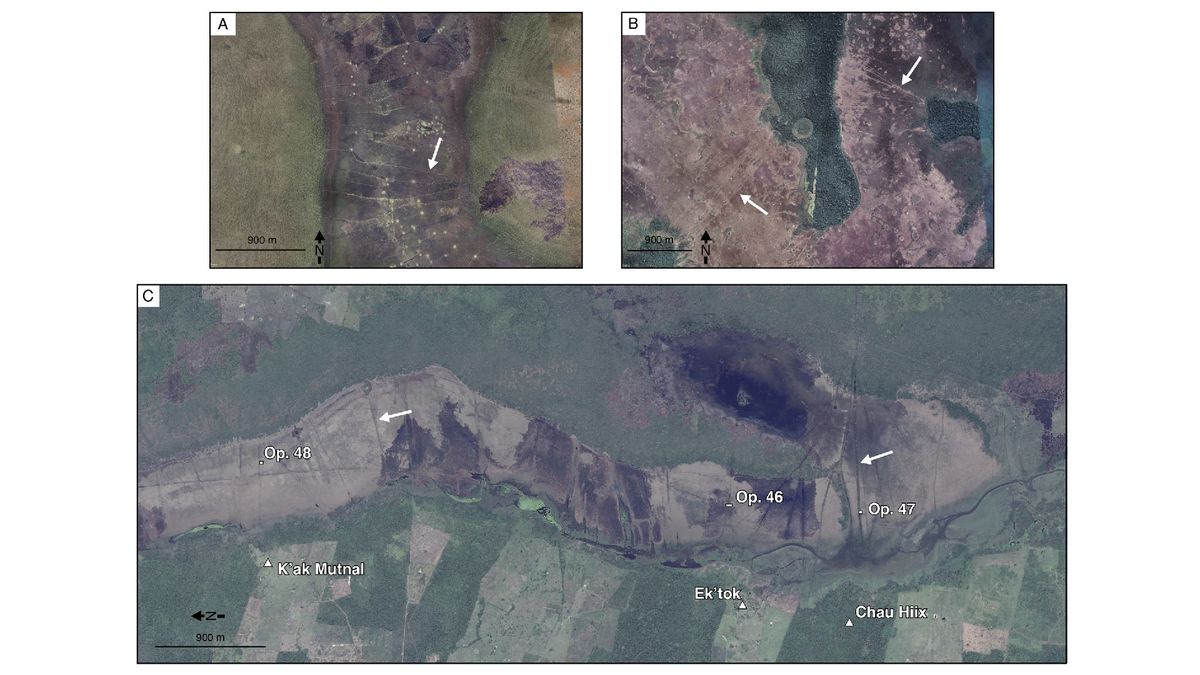Millions of people are at risk after downloading dangerous applications onto their smartphones.
Cybersecurity company McAfee has identified 15 malicious apps that have been downloaded onto at least 8 million Android phones, and warned about the “significant global increase of … predatory loan apps.”
The apps, which McAfee called “a global threat,” have since been reported to Google’s moderators. While some have been removed from the Google Play Store, others have merely been updated by app developers.
The so-called loan apps promise users quick loans, but it is ultimately to their detriment — the malicious software dupes them into giving up sensitive information, gains access to other apps on the device and could result in “extortion, harassment and financial loss.”
While reviews of the apps are littered with glowing, five-star ratings, some disgruntled customers have expressed dissatisfaction in their comments, alleging that the companies have threatened them and calling the businesses a “scam.”
“SpyLoan apps are intrusive financial applications that lure users with promises of quick and flexible loans, often featuring low rates and minimal requirements,” the report from McAfee reads.
“Ultimately, rather than providing genuine financial assistance, these apps can lead users into a cycle of debt and privacy violations.”
SpyLoan applications have become a widespread issue over the last four years, but McAfee warns that there has been “a rapid surge in their activity recently.” According to the cybersecurity company, between the end of Q2 and the end of Q3 this year, the amount of SpyLoan apps and infected devices has soared 75%.
The cybersecurity firm ESET previously issued a warning about SpyLoan apps last year, 17 of which were found lurking in the Google Play Store, and encouraged Android users to delete the apps.
In addition to removing the software from their phones, users are encouraged to scrutinize the applications and their developers before downloading anything to their personal devices. McAfee advises to double check the developer is registered and licensed in the user’s country and to read reviews from other people who have downloaded the app.
According to McAfee, users should also carefully review what permissions will be granted to the applications they download and limit them, as well as regularly update their devices and be cautious about sharing sensitive information.
Users can also report apps they suspect are fraudulent and contact the local authorities if they become victims to cybercrime.















